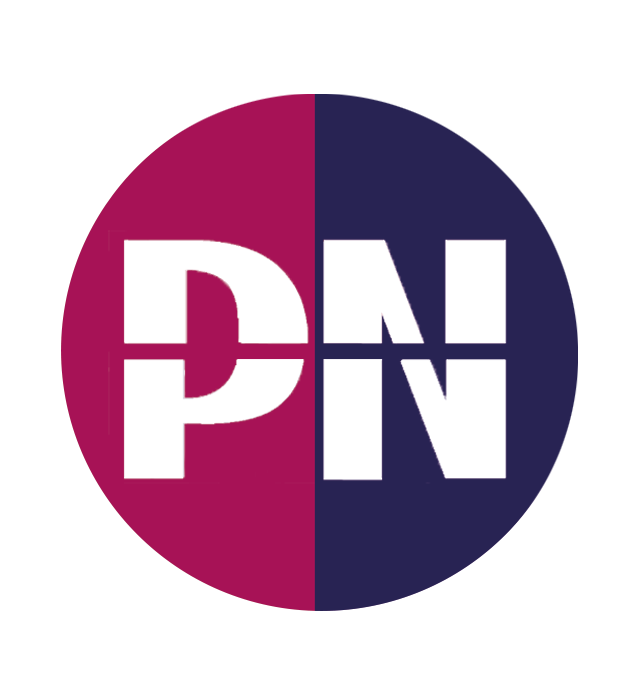Translation is more than simply changing words from one language to another. We all use apps that can do this. But there is far more to achieving a reliable translation that won’t turn into dreaded ‘translation fails’.
We’ve all seen images online that show humorous examples of mistranslation that tickle readers. Indeed, this isn’t unusual with less accurate translations.

However, this is not the limit to which translation accuracy can have effect. There have been many examples of historical inaccuracies which have had far reaching results.
In 1877, Giovanni Virginio Schiaparelli, an Italian astronomer, was mapping the landscape of Mars and described what he believed to be channels as “canali”. Unfortunately, this was widely translated as “canals” and led many to believe that these were structures on the planet built by intelligent life.
While, this might sound limited in its consequence, Schiaparelli’s words would go on to influence many works of astronomers and writers for the next fifty or so years. This was especially true in the realm of science fiction.
But one important area where translation accuracy may hold vital significance is when there are legal or political implications.
The Treaty of Waitangi was signed on 6 February 1840 between the Maori population in New Zealand and the British government in order to establish a British colony.

The original treaty was drafted in English and then translated into Maori. However, one of the main issues with how the treaty was interpreted came from the topic of land. The British settlers believed that the treaty gave them total sovereignty over the Maori, including their people, land and resources.
On the other hand, this was not what the Maori believed. They understood that the British only had the right to use their land. The main reason for this misunderstanding was because the Maori did not have a word for “sovereign” in their language.
The differences in the translations led to wars and much unrest until 1975 when the New Zealand Parliament passed the Treaty of Waitangi Act and established a Waitangi Tribunal to settle all future disputes.
Fortunately, many of these translation fails can easily be mitigated in this day and age. However, there is still a lot of complacency when it comes to the need for an accurate translation.
At Prestige Network, we have translators and interpreters that have been fully vetted and certified to ensure that they can provide the most accurate translation possible, including all the minutiae found in languages.
If you are interested in finding out how we can help you avoid translation fails, our our quality policy can be found here or you can contact us directly.






